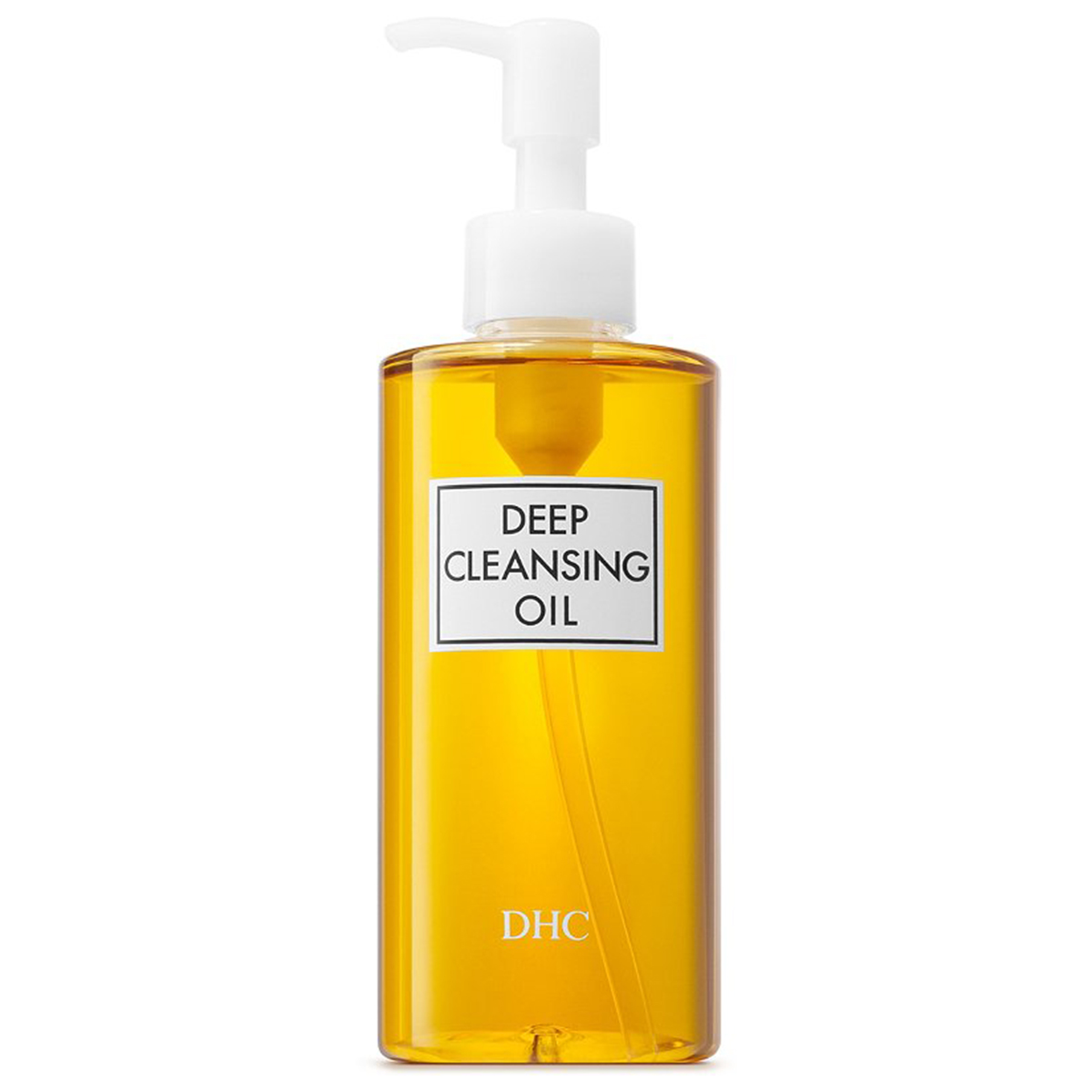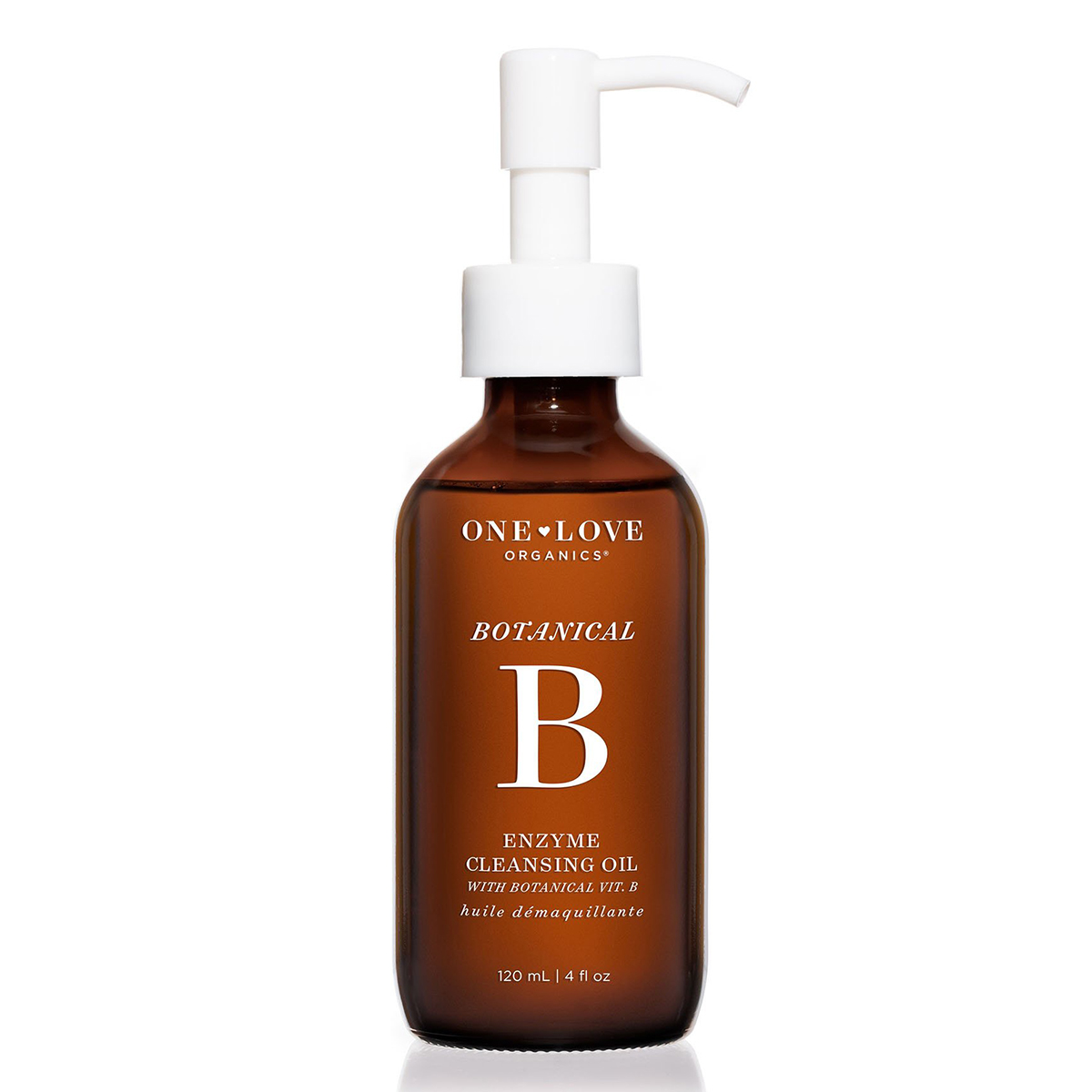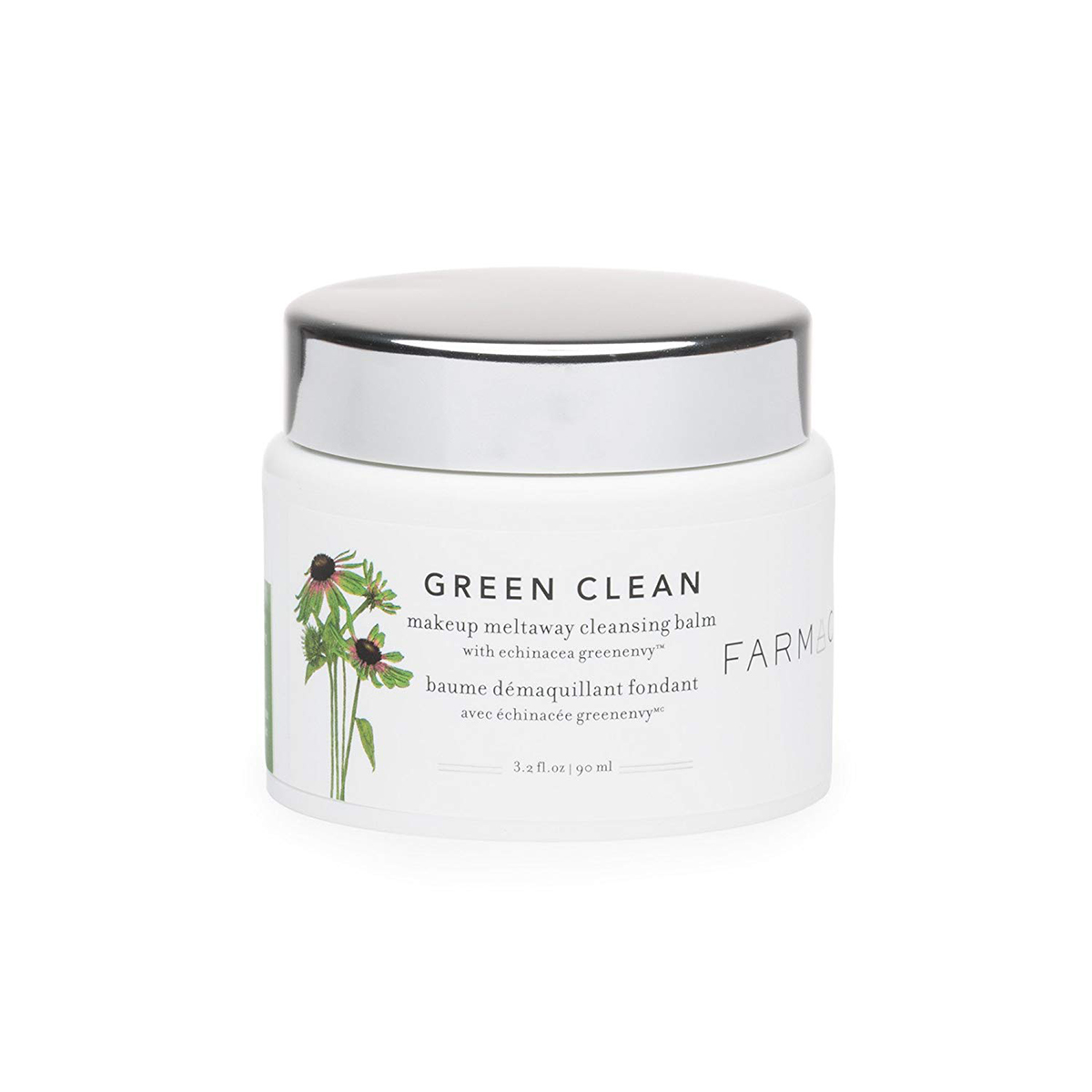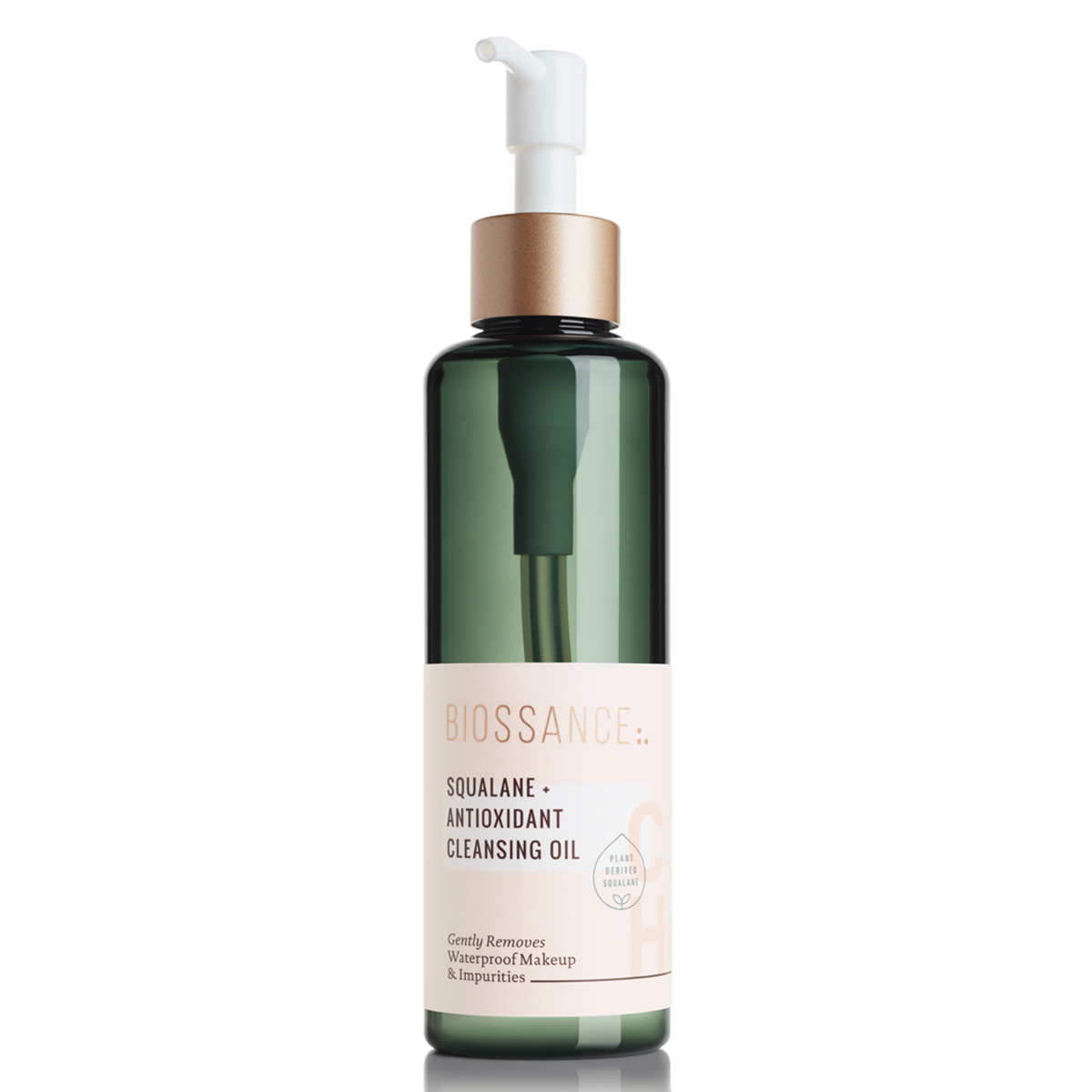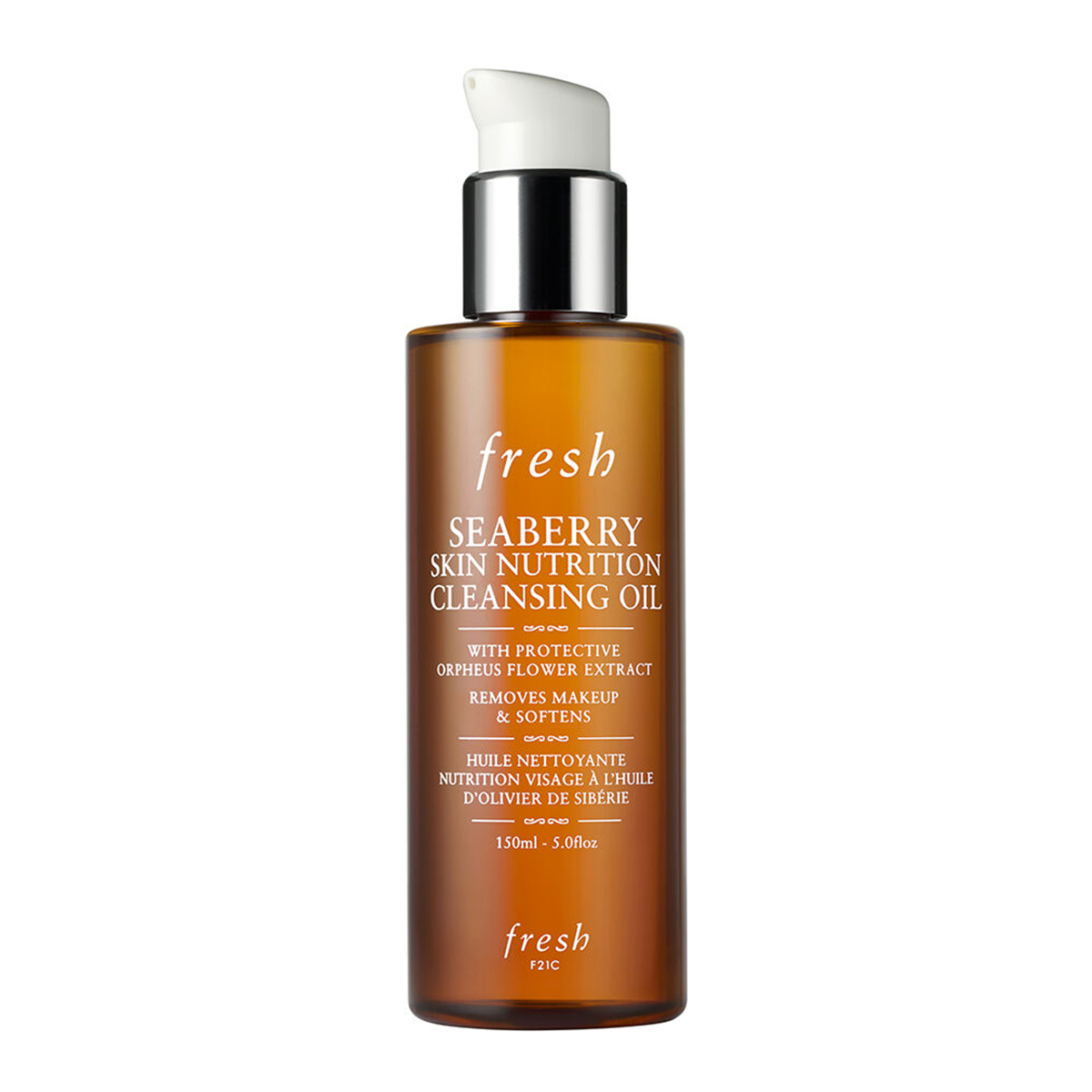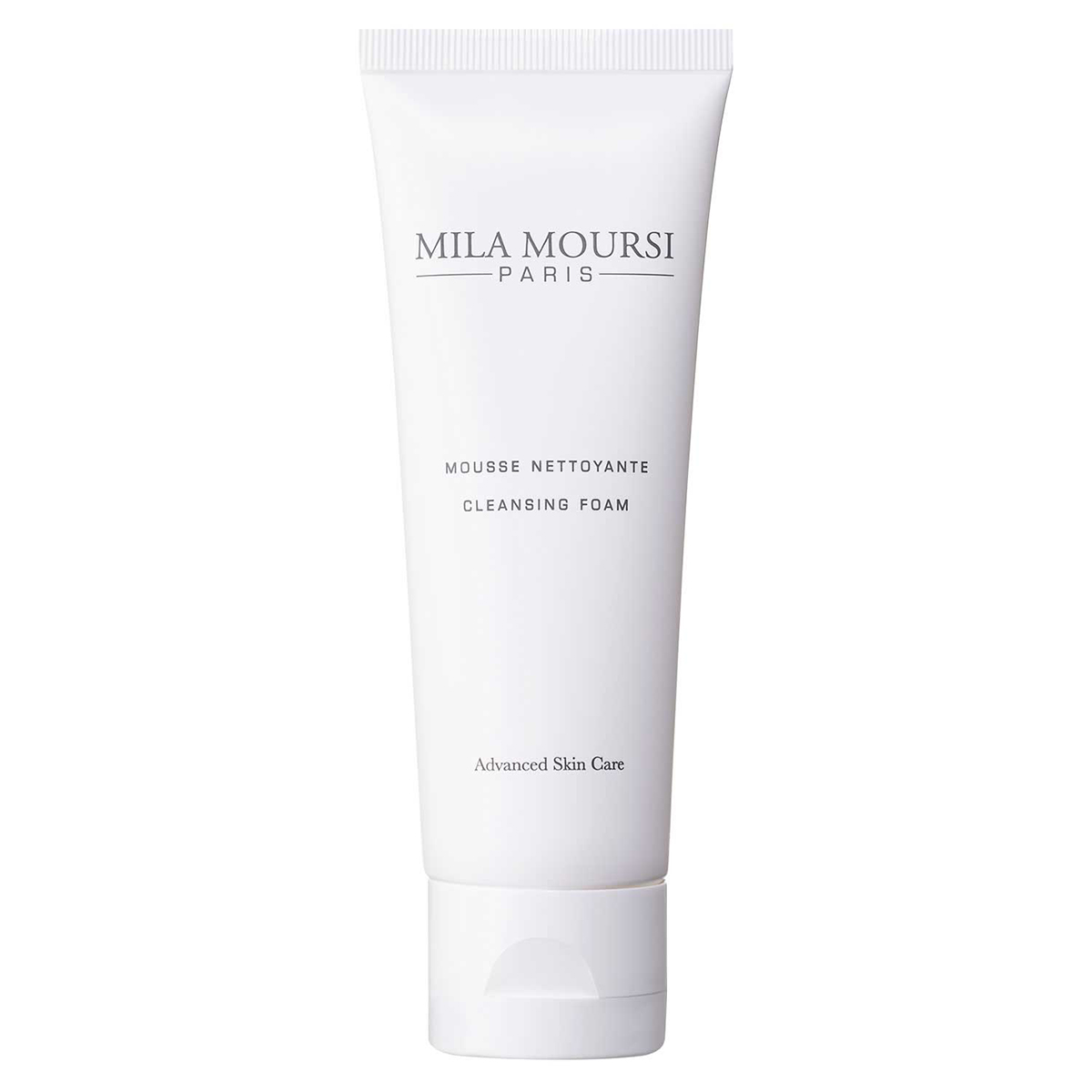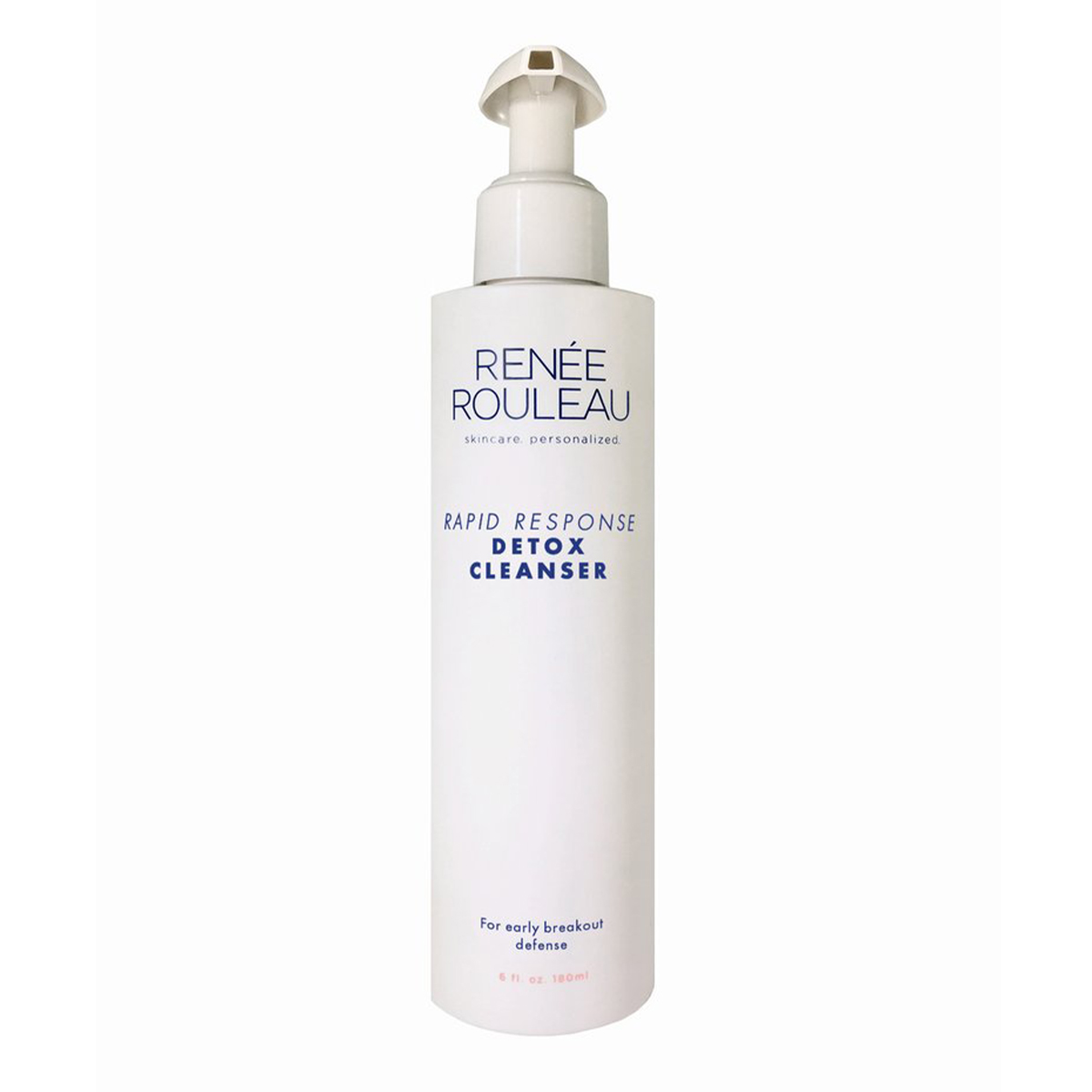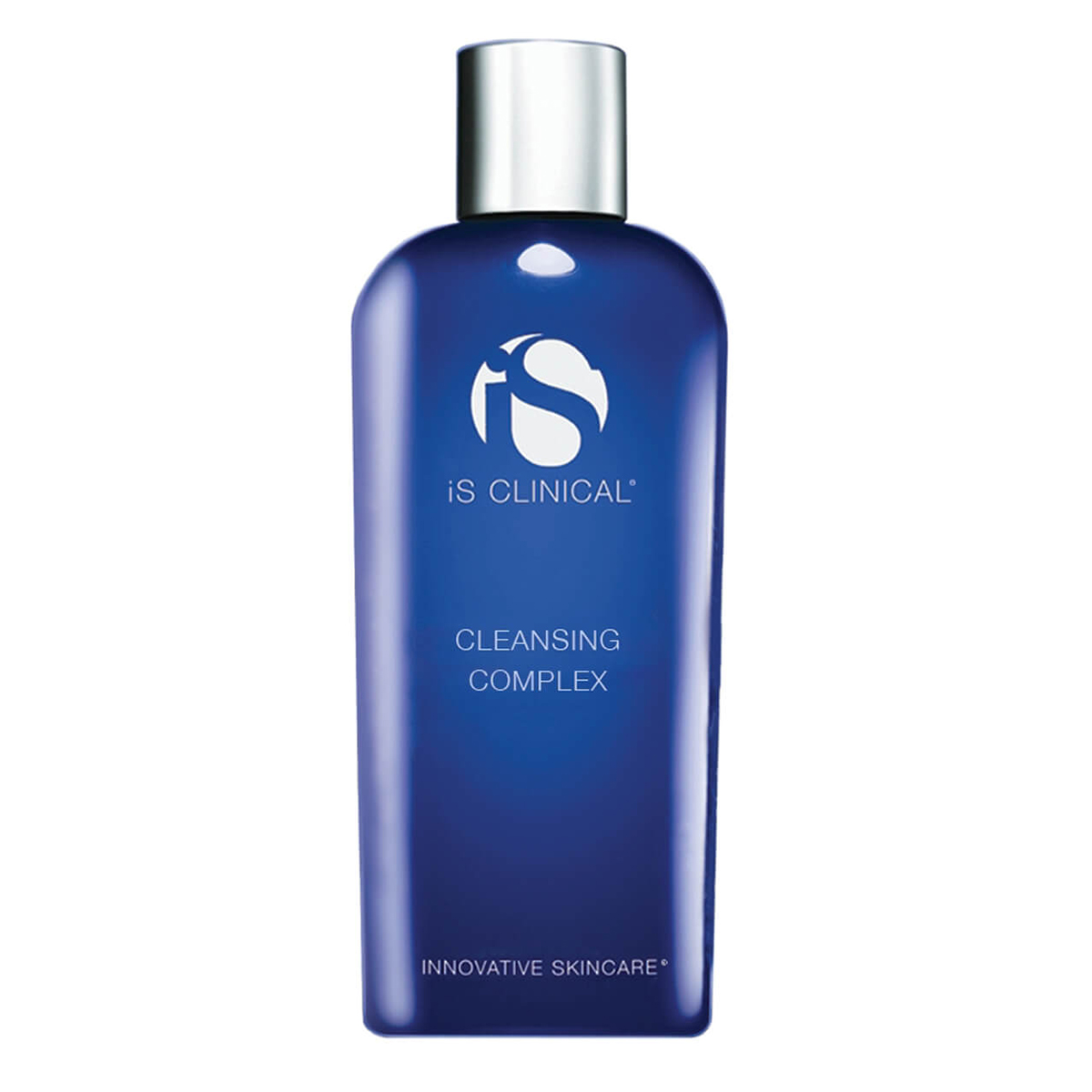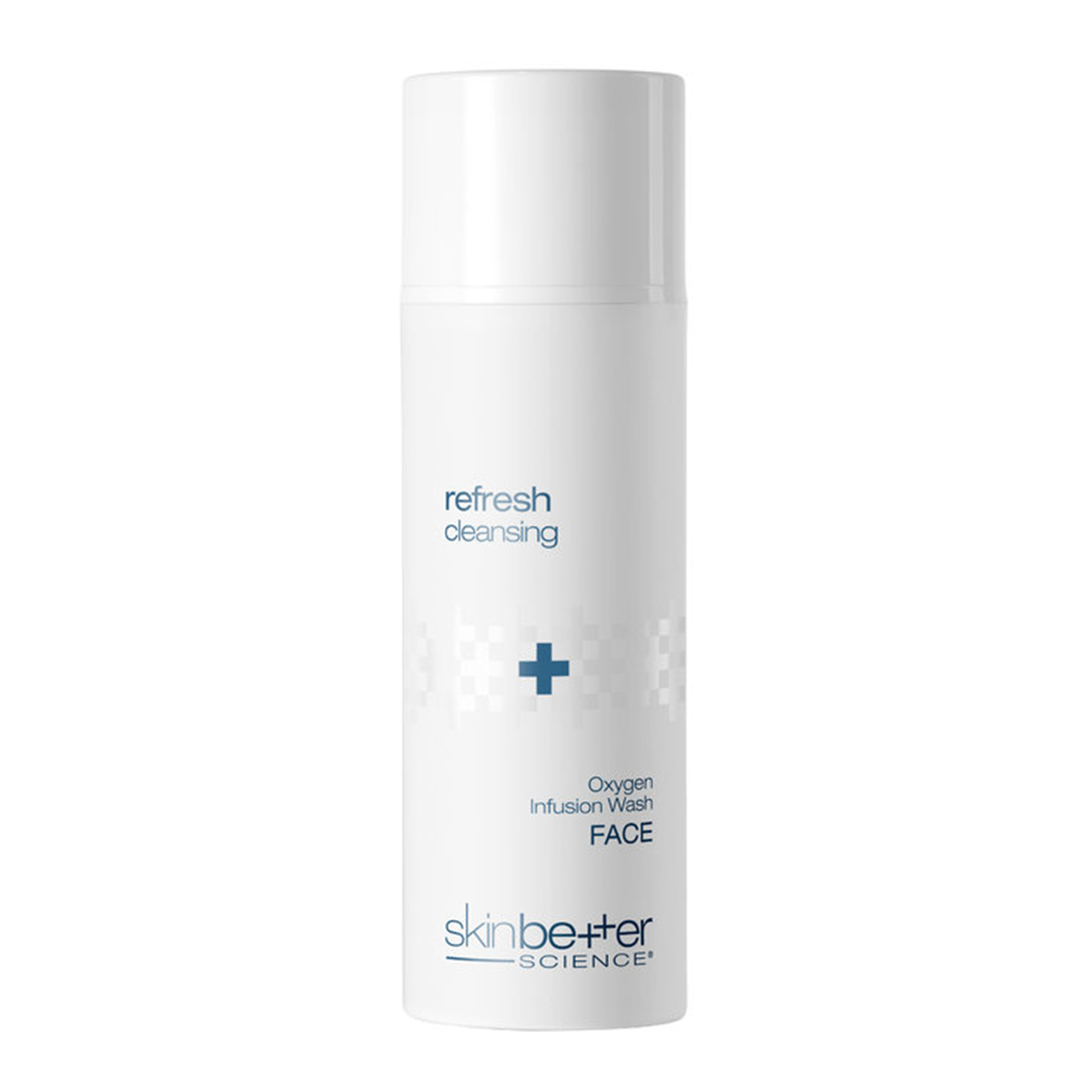Can You Use Cleansing Oils If You Have Oily Skin? We Investigate

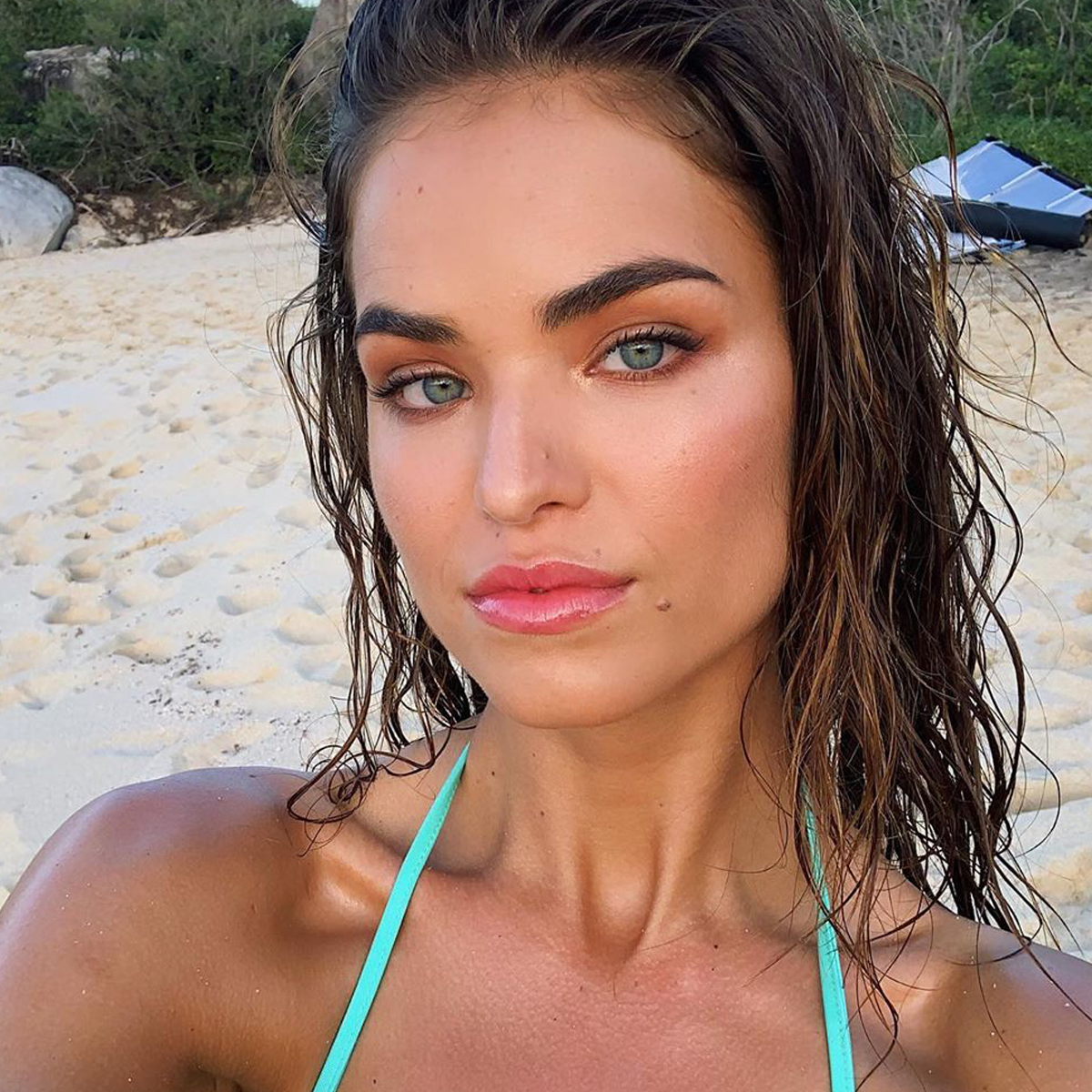
In case you missed it, cleansing oils are having a rather big moment within the skincare and beauty spaces. Almost every single skincare brand has a cleansing oil—or some kind of iteration of the product—and plenty of bloggers and celebrities swear by the product's skin-perfecting prowess on Instagram or YouTube. After a while, and after that type of maxed-out exposure, it starts to feel like everyone should embrace the cleansing-oil trend. (Ah, commercialism!) But are cleansing oils actually an effective way to clean our skin, and are they okay to use for those of us who are oily or acne-prone? I had some serious questions.
To glean some insight into whether or not cleansing oils are a savvy choice for oily skin types—or any skin types, for that matter—I asked three celebrity estheticians to share their intel. Spoiler: It's a more complicated subject than you'd think, and not all experts completely agree. That said, I gathered as much information as possible so you can feel more prepared to do some of your own research and experimentation. Because, yes, it always takes some trial and error to find out what's going to work for your skin, and no expert of any caliber will dispute that. But let's dig in! Keep scrolling to find out everything you ever wanted to know about cleansing oils for oily skin.
What Are Cleansing Oils & How Should They Be Used?
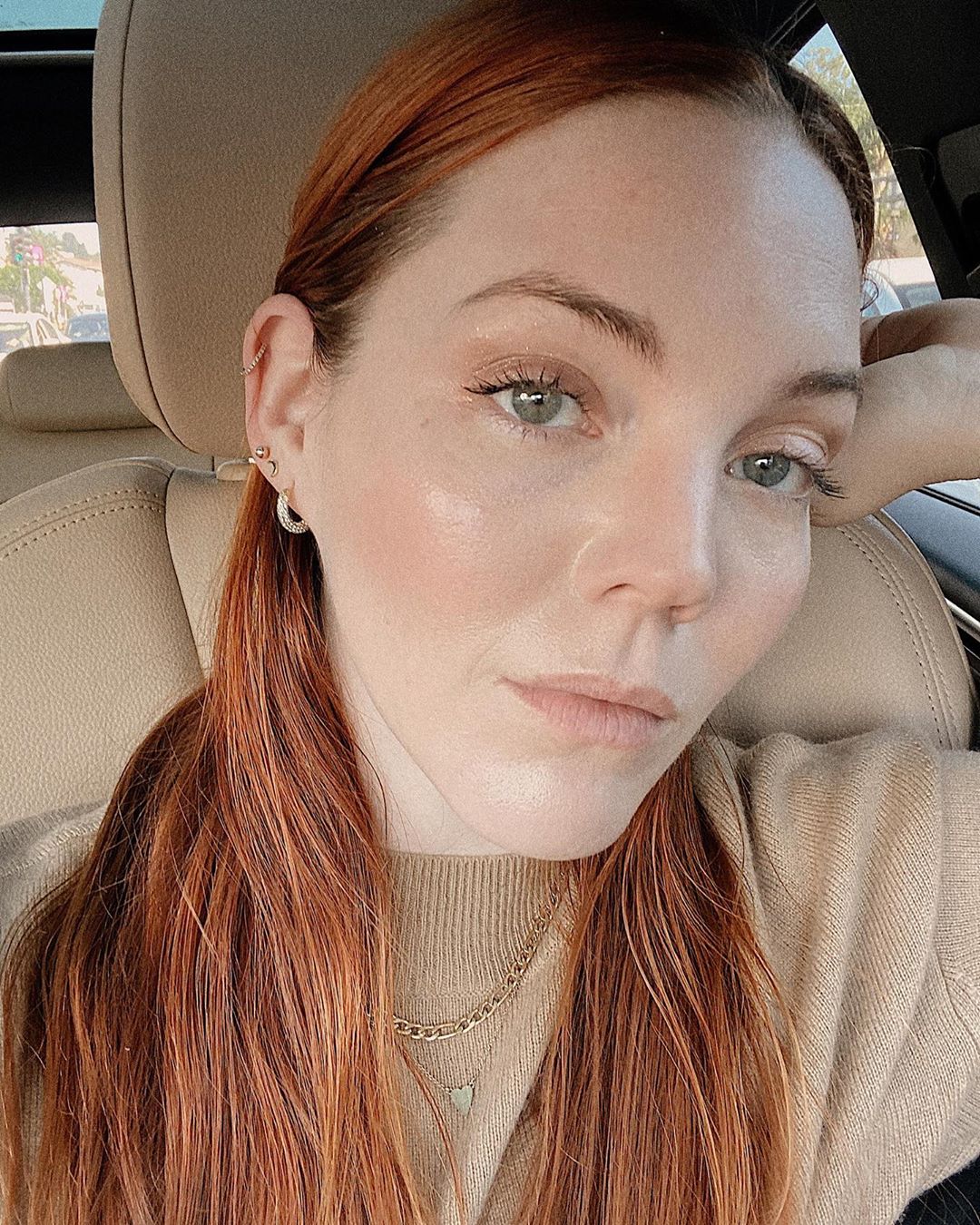
"Cleansing oils are formulated to have an oil-based texture versus other types of cleansers that use creams, lotions, or gels that foam, froth, or lather," celebrity esthetician Renée Rouleau explains right off the bat. The main benefit of cleansing oils, Rouleau continues, is that their oil content attracts the oil and debris sitting on your skin similar to a magnet, so they can be an effective way to lift away and dissolve stubborn makeup or sunscreen or anything else sitting on top of your face. Plus, unlike some types of cleansers that can be stripping or harsh, cleansing oils will help protect your skin's natural pH and protective barrier and maintain ample hydration.
That said, most skin types—especially those prone to oiliness—probably can't get away with using cleansing oil and cleansing oil alone within a skincare regimen. You're going to need to double (or even triple) cleanse your skin.
"I teach my clients to triple-cleanse their skin in the evening, as I've seen through my years of experience that 'double cleansing' just isn't cutting it," shares celebrity esthetician Candace Marino. "The best first cleanse is something oil-based like cleansing oil to break down makeup, surface debris, and excess sebum that is produced throughout the day."
After that, she recommends reaching for a milky gel or foaming cleanser that works more efficiently to penetrate into the skin and really clean your pores after the cleansing oil has nixed anything sitting on top. If you're up for a third cleanse, Marino says that's the time to gently exfoliate using a mild enzyme- or acid-infused cleanser.
Can People With Oily Skin Use Cleansing Oils?

Repeat after us: Not all cleansing oils are created equally, and any formulas featuring highly comedogenic oils (ahem, coconut, wheat germ, cottonseed, etc.) will likely clog your pores. To put it bluntly, they're probably not the best choice for someone who's already dealing with a lot of oil or persistent acne. However, not all oils are off-limits for oily skin. You just have to be discerning and choose wisely depending on your skin type. It might take some trial and error since everyone's skin is different and will have a different reaction (which explains why some experts say cleansing oils are fine for oily skin, and some say to avoid them).
"As a rule, I don't recommend cleansing oils," says Rouleau. "The oils they contain can deposit a film on the skin—especially formulas that don’t use surfactants—that, if not cleansed away with a double cleanse, might hinder the efficacy and penetration of the products you apply afterward like toner, serums, and a moisturizer."
Basically, you can think of your cleanser as the product that gives your skin a clean slate, allowing products with smaller molecular structures like a serum to travel as deep into the skin as possible. As Rouleau explained, if there is a film or residue left behind from a cleansing oil, the products you apply afterward will have a more difficult time doing their job. That said, if you're diligent about a double or triple cleanse and make sure to look at the ingredient list, you need not completely write off cleansing oils, even if you have oily skin. Celebrity esthetician Mila Moursi says noncomedogenic, light botanical oils like jojoba, hazelnut, sweet almond, apricot kernel, and hemp oils are the best options for oily skin types.
What Types of Cleansers Do Experts Recommend for Oily Skin?

According to Rouleau, the most effective cleansers for oily skin types will be formulated with gentle, non-drying surfactants that can efficiently cut through oil within the pore but won't leave your skin tight, dry, or irritated. Take a look at the ingredient list, and steer clear of sneaky additions like sodium laureth sulfate, sodium lauryl sulfate, ammonium laureth sulfate, and ammonium lauryl sulfate, as Rouleau explains they're known to produce a high lather and are drying and irritating and can disrupt the skin’s protective barrier. (If you dry out and strip your skin too much, it compromises the integrity of your skin barrier, and in turn stimulates even more oil production. Thus, a vicious and frustrating cycle can begin.)
"When it comes to oily skin, I find that many clients are constantly trying to remove the oil, which in turn ends up stripping the skin," warns Marino. "So many oily clients are programmed to think they need to eliminate oil, but it often results in an adverse reaction, especially since many oil-absorbing products are alcohol-based. When the skin is stripped of its oil barrier, it triggers a cascade of oil production since one of our skin's primary jobs is to create sebum as a form of protection."
The writing on the wall? If you're set on using a cleansing oil, make sure you choose one with ingredients that are high quality and low on the comedogenic scale. (And make sure to double- or triple-cleanse afterward!) Or follow Rouleau's lead, skip the cleansing oil altogether, and go straight for a cleanser that is hydrating enough to keep your skin balanced and happy but can effectively deep-clean your pores.
Below, we're sharing the top six cleansing oils approved by Marino and me (an acne-prone beauty editor), and then we'll share additional non–cleansing oil options approved by our experts as well. (Because it's always good to have options.)
The Approved Cleansing Oils
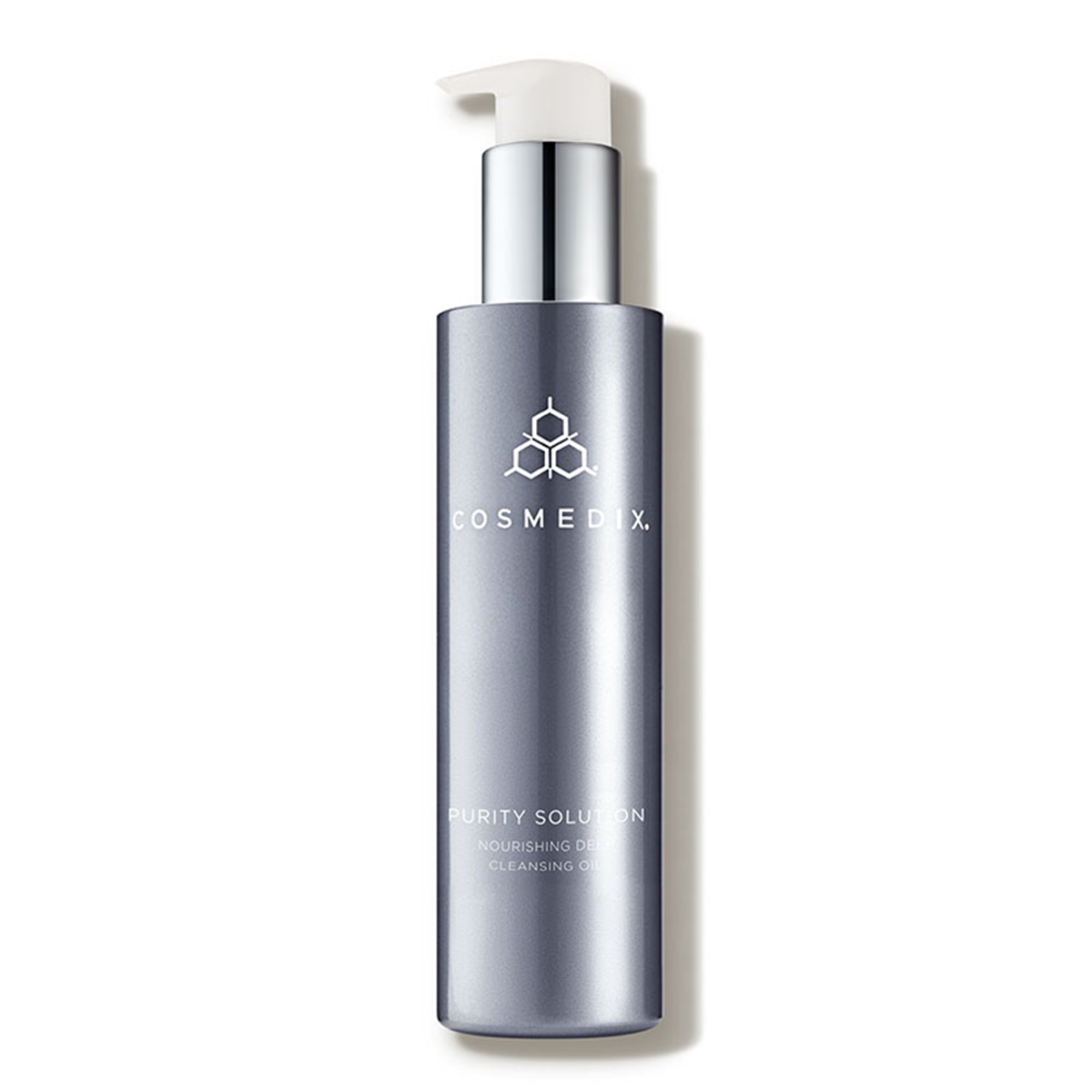
This nutrient-rich cleansing oil features a lush complex of olive, moringa, kukui, and argan oils to help remove and lift impurities while keeping the skin soft, supple, and hydrated. Additionally, turmeric and orange extracts tone and balance sebum while amber and pearl powders impart an extra dose of radiance. It's one of Marino's favorites.
The Approved Cleansing Oil Alternatives for Oily Skin
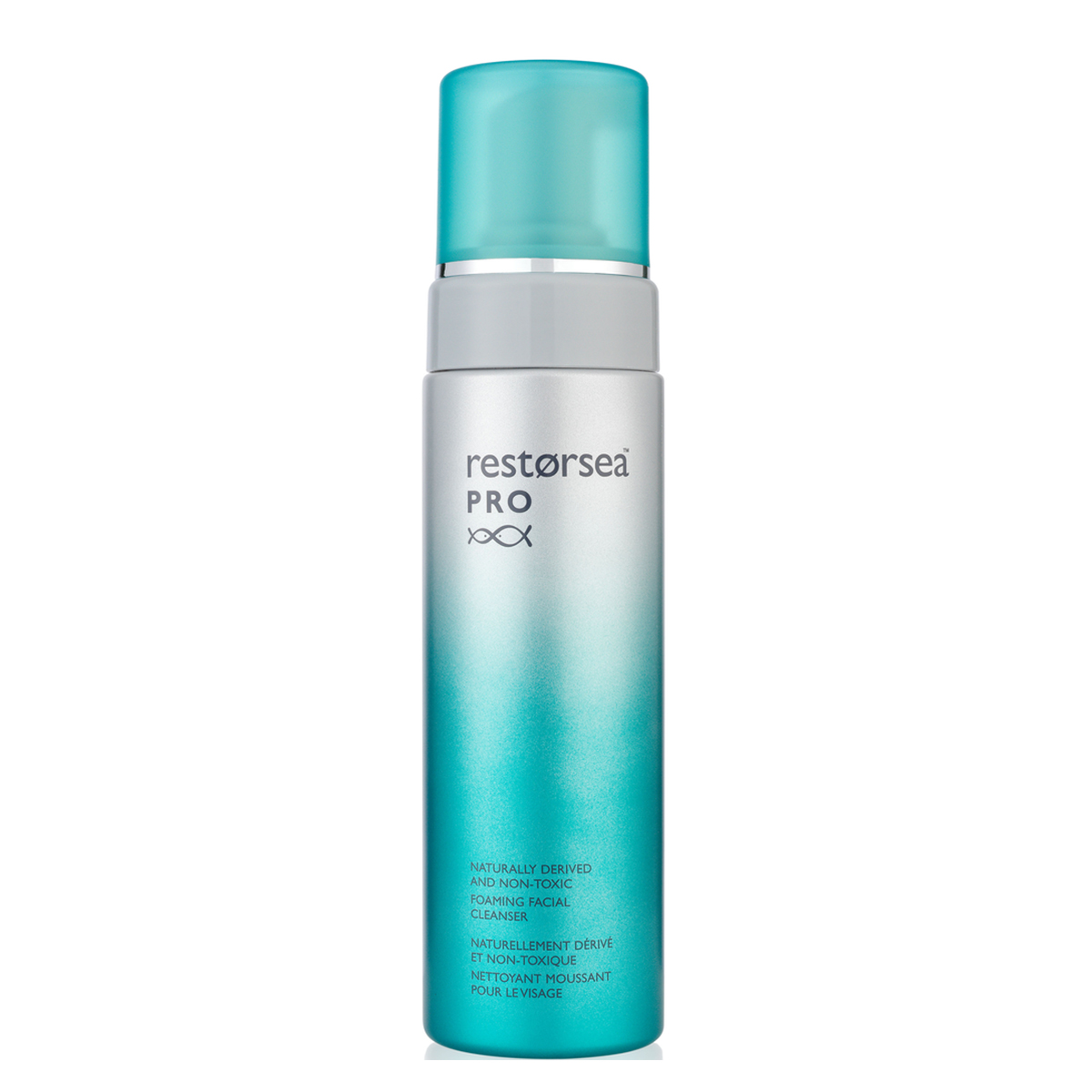
"This is the most luxurious foaming cleanser on the market that I call nothing short of a religious experience," Marino gushes. "My clients are obsessed with the way this feels on the skin. The active ingredient is an enzyme derived from salmon eggs, which help to gently digest dead surface cells. It also contains brown algae and Songyi mushroom. Both ingredients are known to brighten the skin, which is great for anyone dealing with post-inflammatory hyperpigmentation due to acne breakouts."
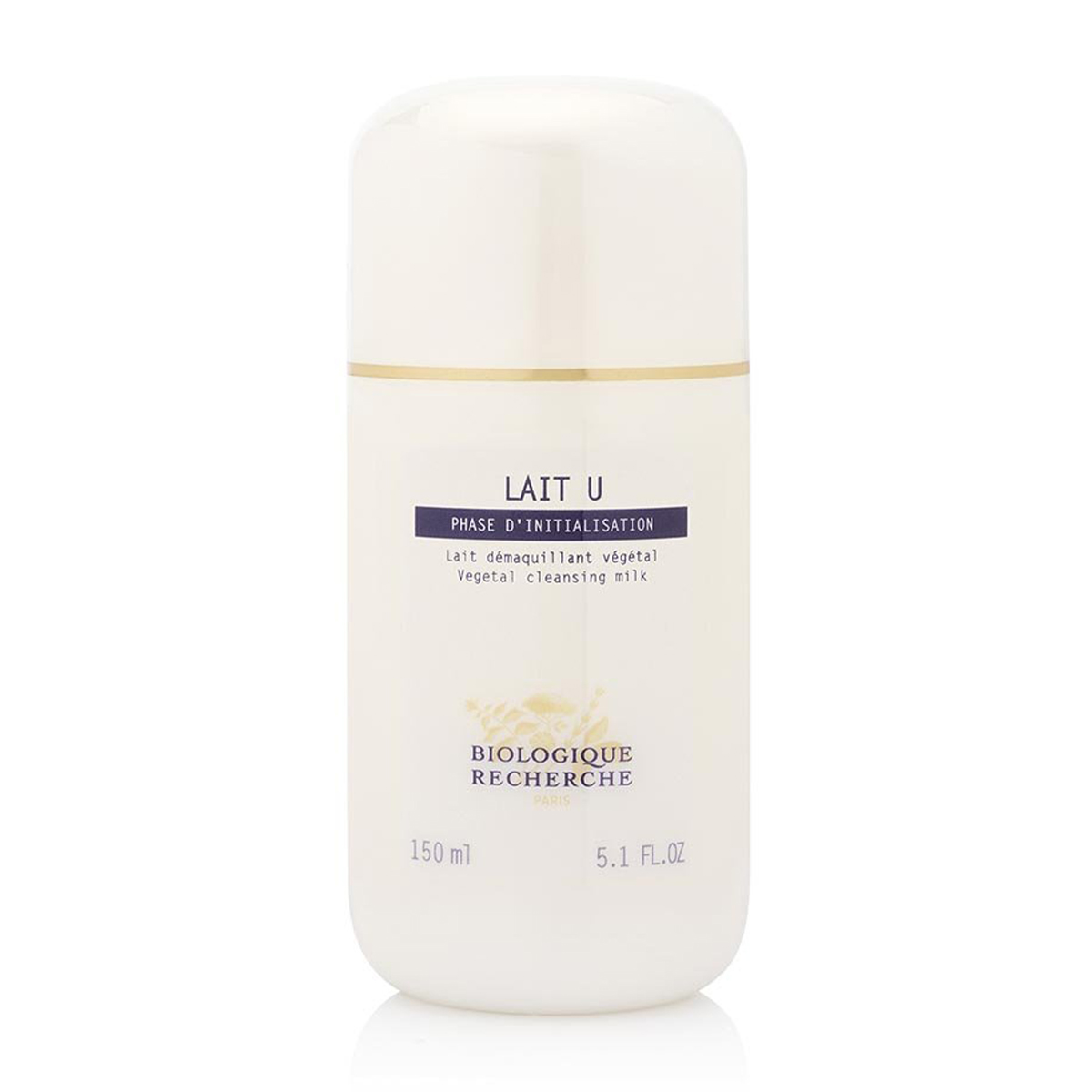
"This is a milky and non-oily cleanser that removes impurities without dehydrating or leaving behind a greasy film (like some milky cleansers can do), which makes it perfect for all skin types but is especially suitable for oily and acne-prone skin types," Marino tells us.
[Ed. note: To purchase or check the price on this product, click the product link, which will take you to the verified seller, Shop Rescue Spa.]
A Few More Things to Keep in Mind…
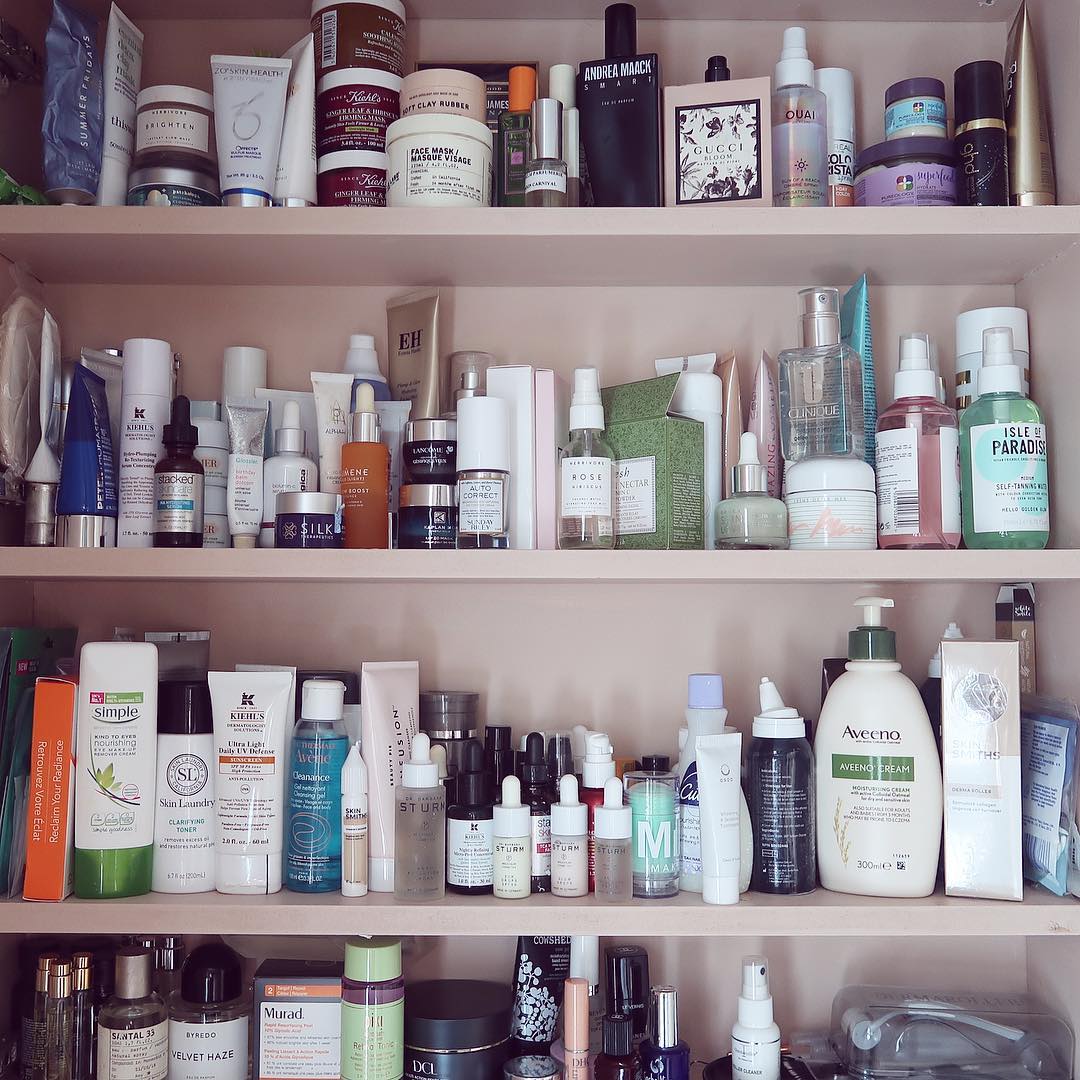
Before we part ways and you're sent into the cleanser shopping abyss, our experts have a few helpful tips they think you should know. As follows!
First, cleansing oils are different than treatment oils: "It is important to note that cleansing oils are different from treatment oils," clarifies Moursi. "Unlike treatment oils, cleansing oils should not stay on the skin and need to be thoroughly removed, while facial treatment oils should remain on the skin for nourishment and anti-aging benefits. (Such as improving skin suppleness and minimizing lines and wrinkles.)"
Second, your timing is everything: "Start applying your skincare products immediately after washing your face or getting out of the shower," says Rouleau. "After wetting your face, you have a 60-second window to get your toner or serum on before moisture evaporation starts to occur. To avoid this, perform your routine as quickly as possible to seal everything in."
Last but not least, try to avoid labeling ingredients as "good" or "bad": "Many people want to pick apart lists of ingredients and point out this is good, and this is bad, but when it comes to high-performing products, ingredients are only one piece of the puzzle," Marino explains. "When it comes down to it, it's more about the formulation and the way the ingredients are combined that matters most. So while you may see a certain ingredient listed in your product that’s generally labeled as 'bad,' the formulation is what matters. There is a reason that ingredient is in the formula, and it serves a purpose. Maybe it's a delivery system or a preservative, not an active ingredient. As a general rule of thumb, I recommend speaking with a professional when curious about a product. They will be able to guide you."
Up next, 3 Professional Glow Experts Share the Winter Skincare Routines They Swear By
This article was originally published at an earlier date and has been updated.

Erin has been writing a mix of beauty and wellness content for Who What Wear for over five years. Prior to that, she spent two and half years writing for Byrdie. She now calls Santa Monica home but grew up in Minnetonka, Minnesota, and studied writing, rhetoric, and communication at University of Wisconsin, La Crosse. She studied abroad in Galway, Ireland, and spent a summer in L.A. interning with the Byrdie and Who What Wear family. After graduating from UW, she spent one year in San Francisco, where she worked as a writer for Pottery Barn Kids and PBteen before moving down to L.A. to begin her career as a beauty editor.
